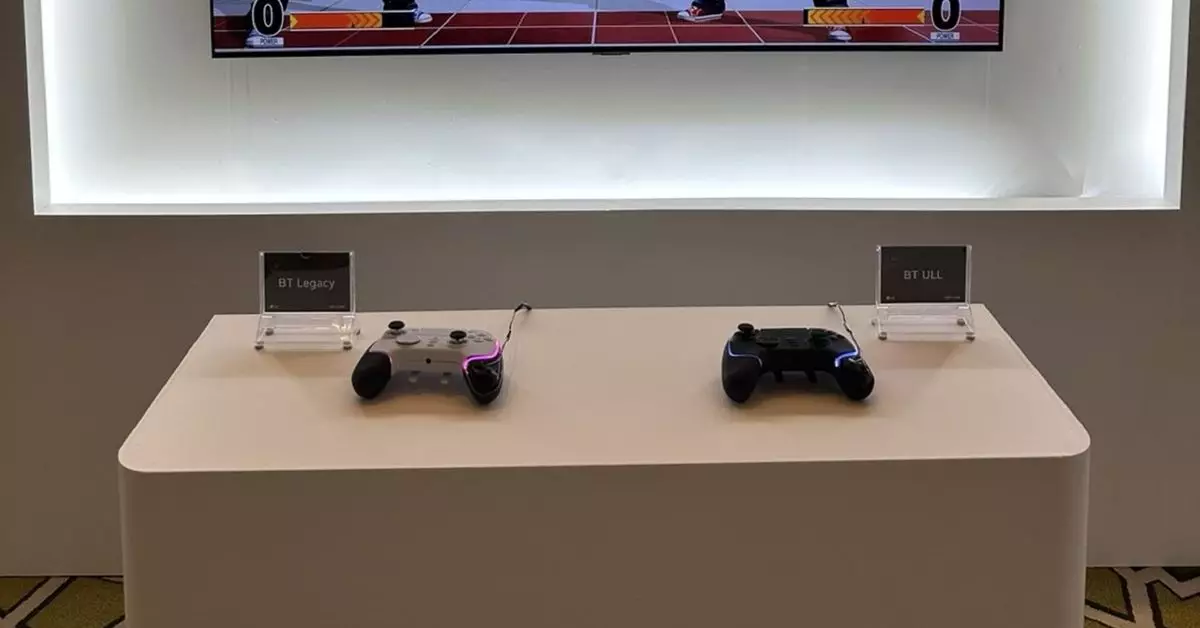In the ever-evolving realm of gaming, LG has emerged at the forefront by partnering with Razer and MediaTek to create a new Bluetooth gaming controller designed to minimize input lag dramatically. This innovation is crucial for cloud gaming enthusiasts who demand high performance and responsiveness. By incorporating Ultra-Low Latency (ULL) Bluetooth technology, which is still in its developmental stages, LG positions itself as a pioneer in bridging the gap between wired and wireless gaming experiences. The aim is to make Bluetooth controllers as quick and responsive as their wired equivalents, a feat that could redefine user expectations and experiences in gaming.
Performance Demonstration: Setting the Standard
During the recent webOS Summit event, LG showcased this innovative controller against a “standard controller” in what it touted as a revelatory demonstration. Expectations of superior performance were met as the controller exhibited remarkable responsiveness, showcasing a significantly reduced input lag and enhanced control precision across a variety of game genres, from first-person shooters to racing titles. Sensors in the gaming world typically exhibit variability in input lag based on multiple factors, including device specifications and environmental conditions. However, LG’s controller boasts a purported input lag of merely 1 millisecond, setting a high benchmark for competitors.
Technology companies have long grappled with controller input latency, a challenge that was notably addressed by Google through its now-defunct Stadia service. Google introduced a method where the controller connected directly to their data centers over Wi-Fi to bypass traditional Bluetooth latency. Despite Stadia’s closure, Google’s initiative showcased a possible path forward, reminding the industry that bridging latency issues is pivotal for the success of cloud gaming. Following this, Google opened up Bluetooth capabilities for its Stadia controllers, allowing broader compatibility for various devices like PCs and phones.
Looking ahead, LG has ambitious plans to integrate Bluetooth ULL support in select models of its 120Hz OLED and mini-LED TVs, all powered by MediaTek’s MT7921 WiFi chipset—set for a 2025 rollout. This initiative not only enhances gaming experiences on LG smart TVs but also opens the door for third-party manufacturers of ULL controllers, ensuring compatibility with LG’s webOS ecosystem. Razer has emerged as the first certified brand for this initiative, marking an important step in establishing a unified gaming environment that prioritizes speed and efficiency.
Anticipating Consumer Response
Although details like pricing and a release date remain undisclosed, the excitement surrounding this new Razer controller is palpable. Gaming enthusiasts are eagerly anticipating more information, likely to be unveiled at the upcoming CES event from January 7-10. As cloud gaming becomes increasingly mainstream, innovations like LG’s ULL Bluetooth controller represent a transformative shift, potentially elevating the entire gaming landscape. With the promise of significantly enhanced gaming performance on the horizon, it seems the age of latency-free gaming is finally within reach.


Leave a Reply